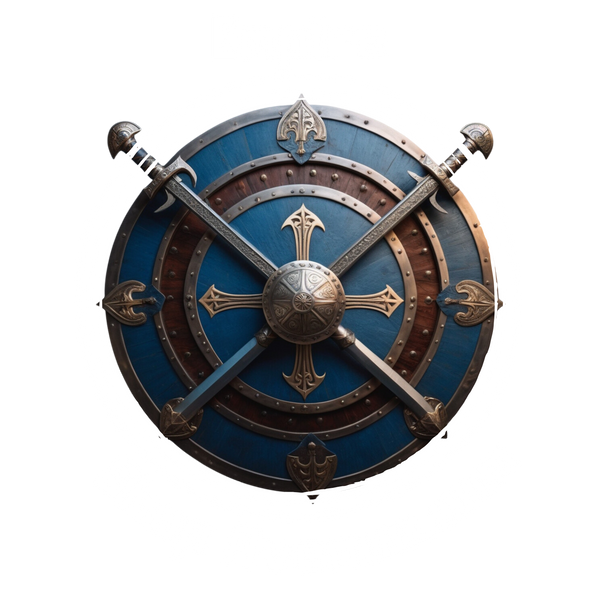Napoleon Bonaparte

Napoleon Bonaparte
Napoleon Bonaparte: The Fate of an Emperor
Born in 1769 in Corsica, Napoleon Bonaparte was not destined to rule. Yet, his ambition and military genius would propel him to the pinnacle of history.
A brilliant strategist, he made a name for himself during the Italian campaign (1796), crushing Austrian armies. In Egypt, he fought and fascinated, bringing back scientific treasures. In 1799, he seized power through a coup and became First Consul, before crowning himself Emperor of the French in 1804.
His reign was marked by dazzling victories: Austerlitz (1805), where he destroyed the Russian and Austrian forces, and Jena (1806), where he crushed Prussia. He transformed France with the Napoleonic Code, modernizing justice and administration.
But the invincible fell: the failed Russian campaign (1812) weakened his empire. In 1815, after his exile on Elba, he returned for the Hundred Days, only to be finally defeated at Waterloo and exiled to Saint Helena, where he died in 1821.
Hero or tyrant? It doesn’t matter—Napoleon was the man who changed Europe forever.
Napoleon: The Master Strategist
From an early age, Napoleon was obsessed with military strategy. At 24, he saved the Republic by crushing royalists in Paris. At 27, he conquered Italy using groundbreaking tactics.
His greatest victory? Austerlitz (1805), where he tricked and annihilated the Austro-Russian army. His secret?
✔ Unmatched battlefield awareness
✔ A highly mobile army
✔ The ability to outmaneuver his enemies
But even the invincible emperor made mistakes. His 1812 invasion of Russia turned into disaster: the "General Winter" and Russian tactics decimated his army.
Exiled to Elba, he made a daring comeback: the Hundred Days (1815). But at Waterloo, he met his final defeat. Exiled to Saint Helena, he died, leaving behind a timeless legend.
Napoleon: The Architect of Modern France
Napoleon wasn’t just a conqueror—he was also a nation builder. Under his rule, France changed profoundly:
✔ The Napoleonic Code (1804), still in use today.
✔ The Bank of France, stabilizing the economy.
✔ Lycées and universities, shaping future leaders.
Thanks to these reforms, he transformed France into a modern nation.
But his ambition extended beyond France. Ruling over a vast empire, he sought to unite Europe under his banner. Yet, Russia and Britain stood in his way.
His defeat at Waterloo marked the end of his reign. Exiled to Saint Helena, he died in 1821, but his legacy endures.
Napoleon: The Man Who Shook Europe
When Napoleon took power in 1799, all of Europe feared him. He fought Britain, Austria, Prussia, and Russia in wars of unprecedented scale.
His empire stretched from Spain to Russia. At its peak, he seemed unstoppable. But his enemies united against him.
In 1812, he made his fatal mistake: invading Russia. The winter, starvation, and Russian tactics destroyed his army. After that, Europe turned against him. Defeated in 1814, exiled and then returning in 1815, he made one last gamble at Waterloo—and lost.
Napoleon died in Saint Helena, but his shadow still looms over Europe.
Napoleon: The Last Dream of Glory
In 1815, Napoleon returned from exile for 100 days of glory. Europe trembled. He rebuilt an army and marched toward his final battle: Waterloo.
Facing the British and Prussians, he played his ultimate hand. His attack nearly succeeded, but the arrival of Blücher’s forces turned the tide. Napoleon was defeated.
Captured, he was sent to Saint Helena, a remote rock in the Atlantic. There, he spent six years, still dreaming of grandeur. He died in 1821, but his name remains immortal.
👉 Discover our collection dedicated to Napoleon’s final battle!
NAPOLEON STYLE Unisex Jersey Short Sleeve Tee
Share









NAPOLEON-LIKE SOLDIER Unisex Heavy Blend™ Hooded Sweatshirt
Share
































EmpireShopAvenue
Napoleon Bonaparte Poster Pack + Mini-Bios
Share





